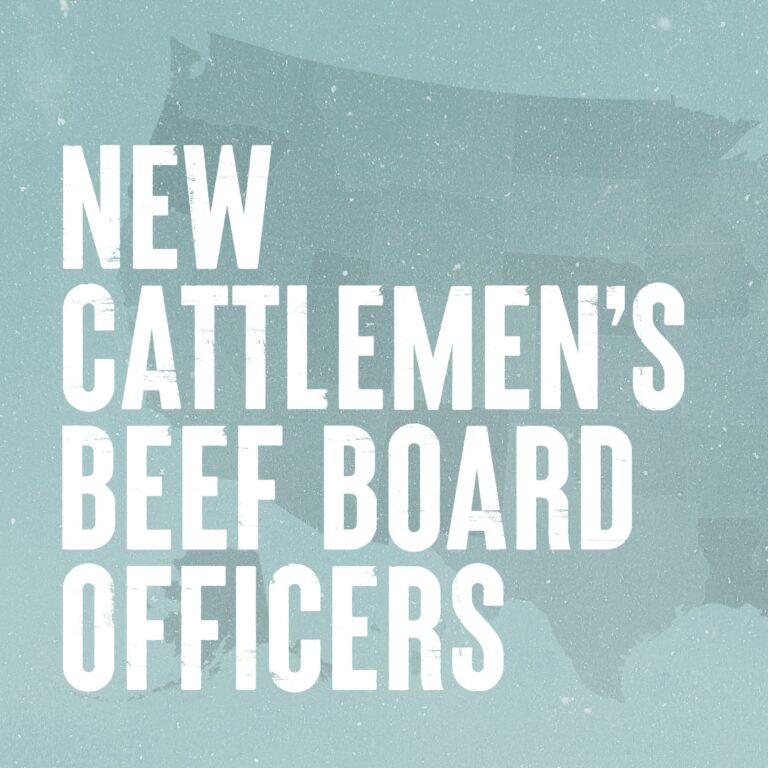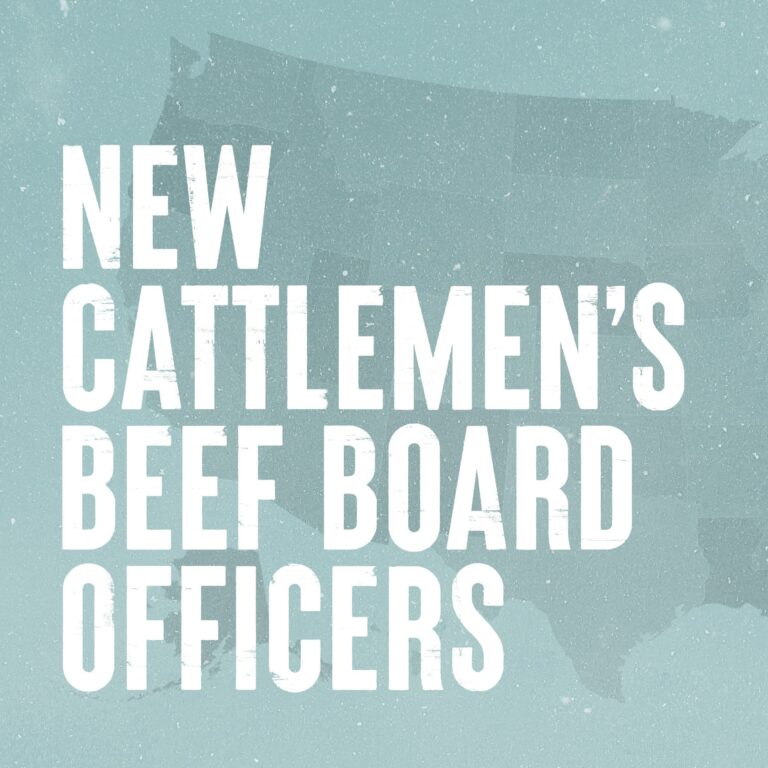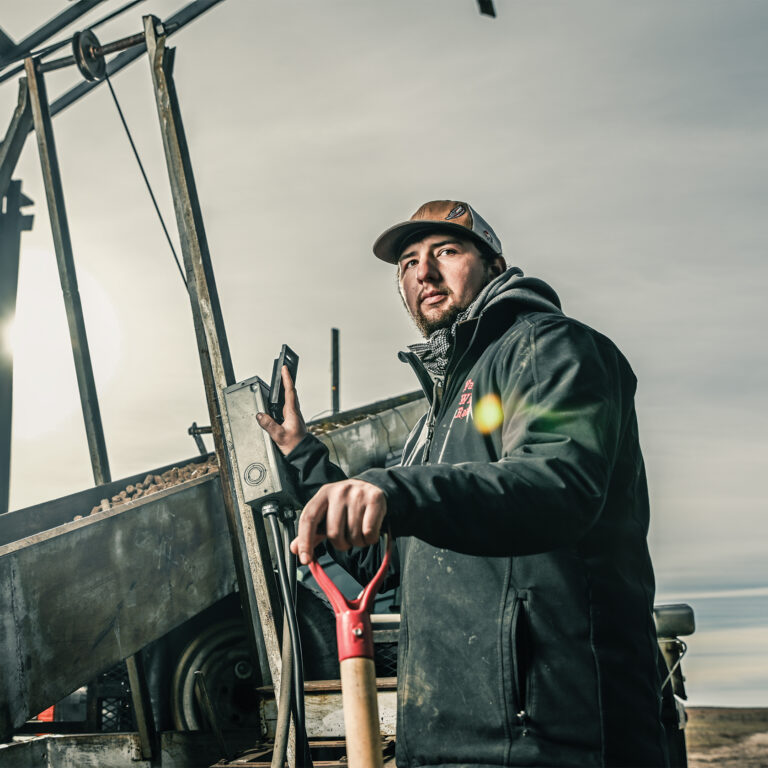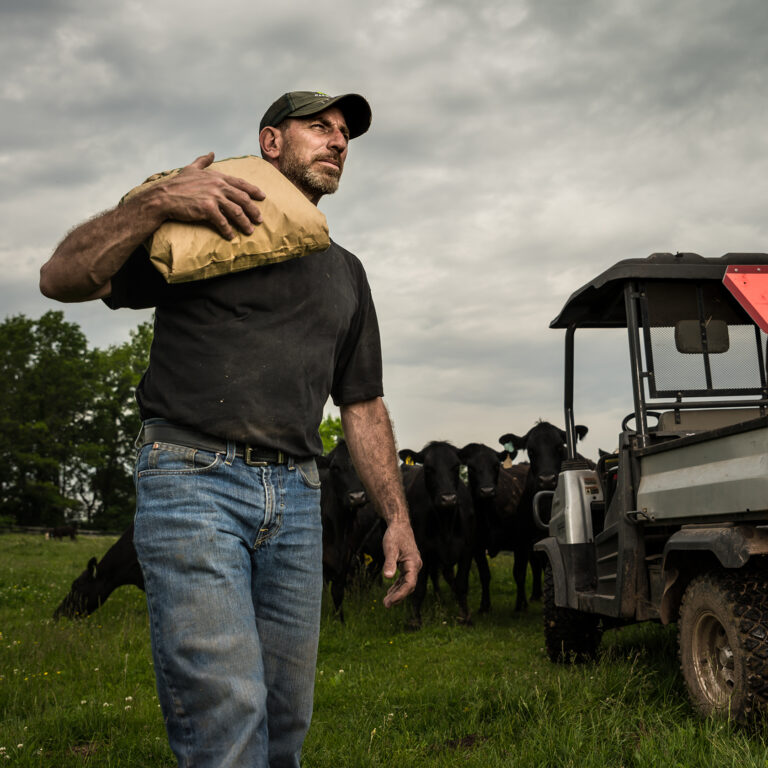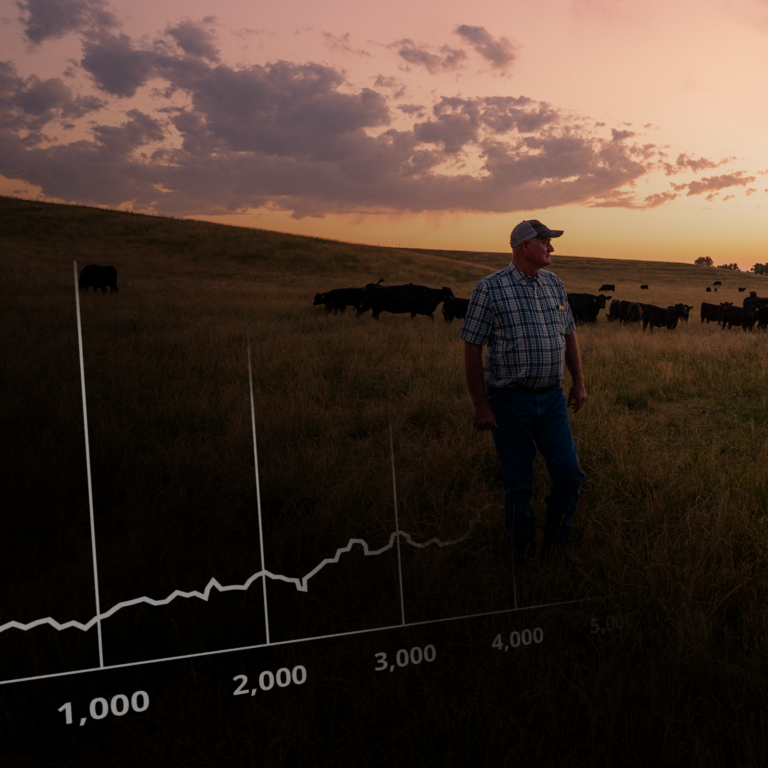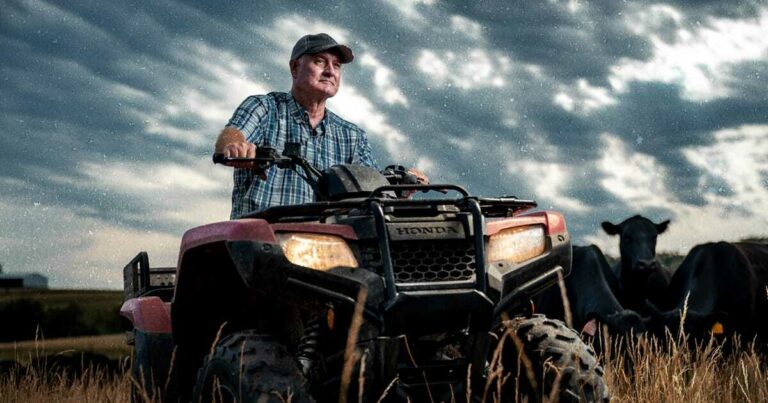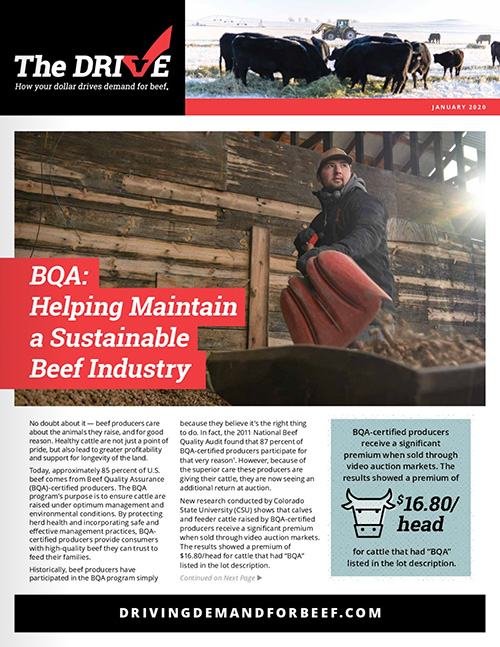The Right Way is the Only Way
Beef Quality Assurance Advances to Meet Producer and Consumer Needs
Most cattle producers agree that the Beef Quality Assurance Program (BQA) is just a part of good business. And not only is it good for business, but it’s also the right thing to do. The program’s support is apparent today, with approximately 85 percent of U.S. beef coming from BQA-certified producers.
In the late 1970s, the precursor to BQA, “Beef Safety Assurance,” originally emphasized targeting real and perceived beef safety issues. The program successfully implemented various initiatives, including educating stakeholders about the proper use of pharmaceutical products and the honoring of withdrawal times. In 1991, following the first Beef Checkoff-funded National Beef Quality Audit, the program expanded to improve cutability, palatability, bruising, dark cutters and so much more, changing the beef industry’s trajectory.
Now, thirty years later, BQA has grown far beyond its original expectations. BQA provides beef producers with the information and tools they need to incorporate safe and effective management practices. As a result, they can capture more value from their cattle and instill consumer confidence in the beef industry.
Since the BQA program constantly evolves and updates its curriculums, certifications are only valid for three years. This ensures producers are educated on the most up-to-date best practices around cattle handling, facility management, cattle transportation, good record keeping and protecting herd health.
If your BQA certification has expired, or you haven’t yet made the leap to get your certification, here are four reasons why getting your free BQA certification is the right choice:
1. BQA certification bolsters consumer confidence in beef.
When it comes to making a meal decision, many factors are top of mind for consumers. Of those consumers with questions about cattle production, 32 percent are concerned about animal welfare1. Becoming BQA certified demonstrates an industry-wide commitment to best management practices, increasing the program’s credibility in consumers’ eyes. The more robust BQA is, the more validity it has with consumers.
2. You can enhance herd profitability through better management.
BQA practices, like good record keeping and protecting herd health, can result in more profits for producers. When better-quality cows leave the farm and reach the marketplace, the producer, packer and consumer all benefit. When better quality beef reaches the supermarket, consumers are more confident in the beef they buy, increasing beef demand.
3. Collaborative efforts safeguard the public image of the beef industry.
Consumers can see beef producers’ collective efforts toward better beef safety and quality. Showing them how beef products are made with animal welfare and environmental stewardship at the forefront can alleviate their concerns and turn them into advocates.
4. Improve the sale of marketed beef cattle
Research shows a significant premium for calves and feeder cattle sold through video auction markets when BQA was mentioned in the lot description2.
With BQA, you can add value to your operation and help all beef consumers take pride in their beef purchases. For more information about the Beef Quality Assurance program and to get certified, visit BQA.ORG.
- National Cattlemen’s Beef Association, Consumer Beef Tracker, 2019
- “Effect of Mentioning BQA in Lot Descriptions of Beef Calves and Feeder Cattle Sold Through Video-Based Auctions on Sale Price.” Colorado State University, July, 2019.
The Beef Checkoff program was established as part of the 1985 Farm Bill. The checkoff assesses $1 per head on the sale of live domestic and imported cattle, in addition to a comparable assessment on imported beef and beef products. States may retain up to 50 cents on the dollar and forward the other 50 cents per head to the Cattlemen’s Beef Promotion and Research Board, which administers the national checkoff program, subject to USDA approval.



